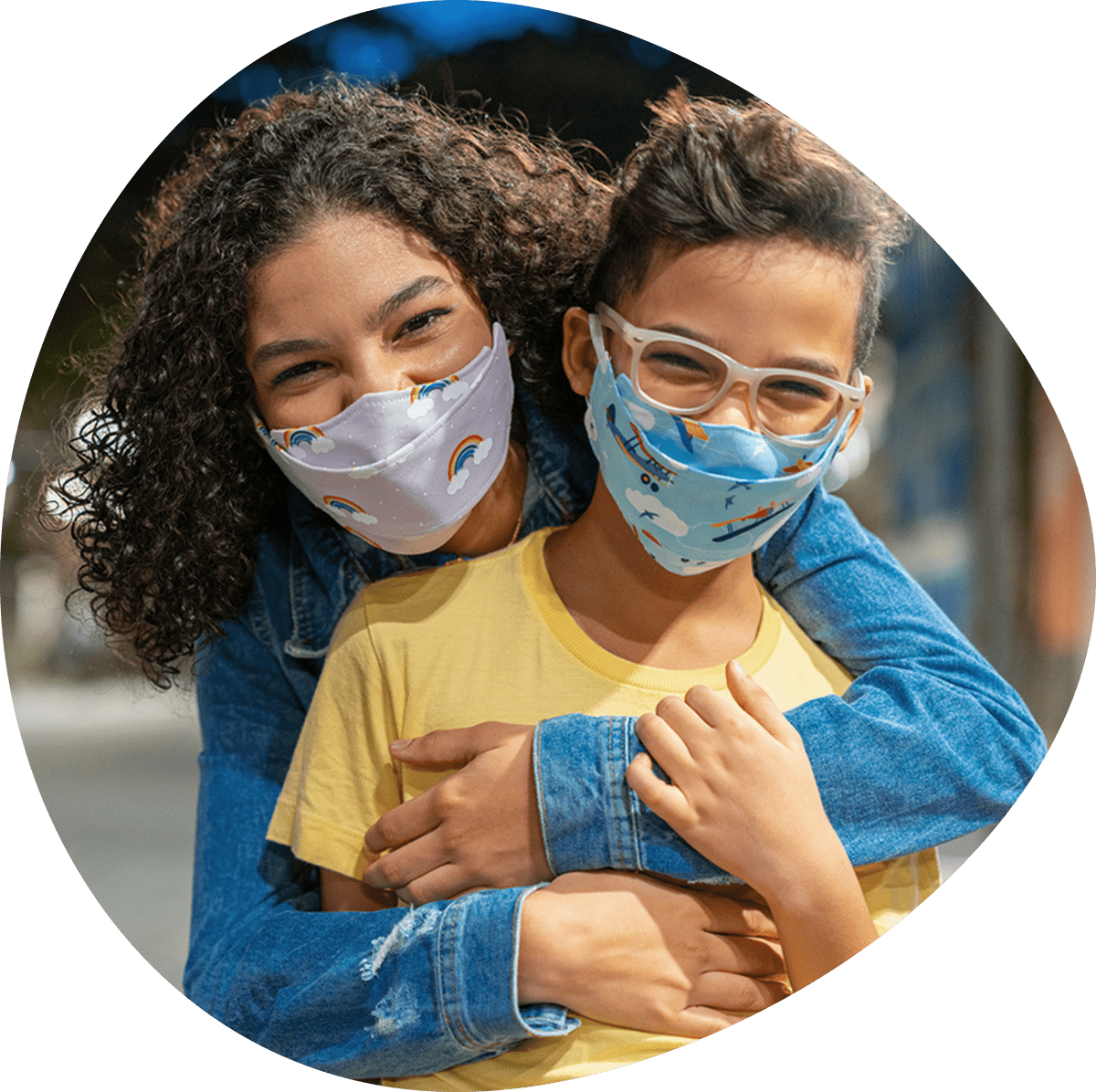
The COVID MUSIC Study:
Long-Term Outcomes after the MUltisystem Inflammatory Syndrome In Children
The COVID MUSIC Study will help us better understand how multisystem inflammatory syndrome in children (MIS-C) affects children and young adults in the short and long-term and help us to better understand how to treat it. MUSIC participants will now have the opportunity to enroll in RECOVER.
